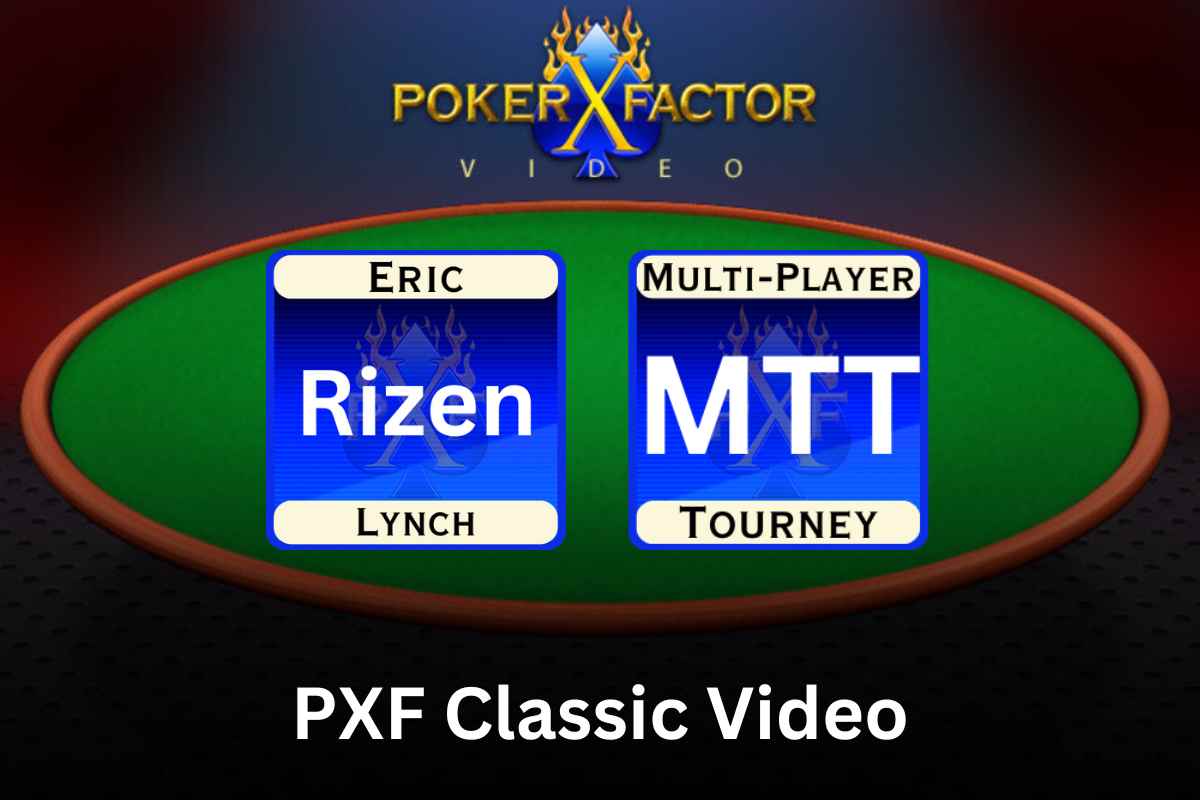Part 3
Highlights:
- Strategic Aggression: Eric discusses the importance of using aggression strategically to accumulate chips. This includes knowing when to raise, re-steal, and make early position raises to gain an advantage, even from unfavorable table positions.
- Adaptability and Table Dynamics: He emphasizes the need to adapt one’s play based on the changing dynamics of the table, including adjusting strategies as the game moves from full-handed to shorthanded play, and how to handle the bubble and final table scenarios.
- Positional Awareness: The significance of position in poker decision-making is a recurring theme. Eric talks about leveraging position for advantage, including when to be aggressive or conservative based on one’s seat at the table relative to the blinds and the types of players in the game.
- Opponent Behavior and Reads: Understanding and reacting to opponents’ behaviors, betting patterns, and potential hand ranges are highlighted. Eric’s analysis includes how to adjust one’s play based on reads on opponents, including when and how to exploit specific players.
- Risk Management: The video underscores the importance of managing one’s chip stack and navigating risk, particularly in tournament play. This includes making decisions on when to engage in pots, when to fold to preserve the chip stack, and how to approach play on the bubble or at the final table to maximize the chance of a deep run or a win.

